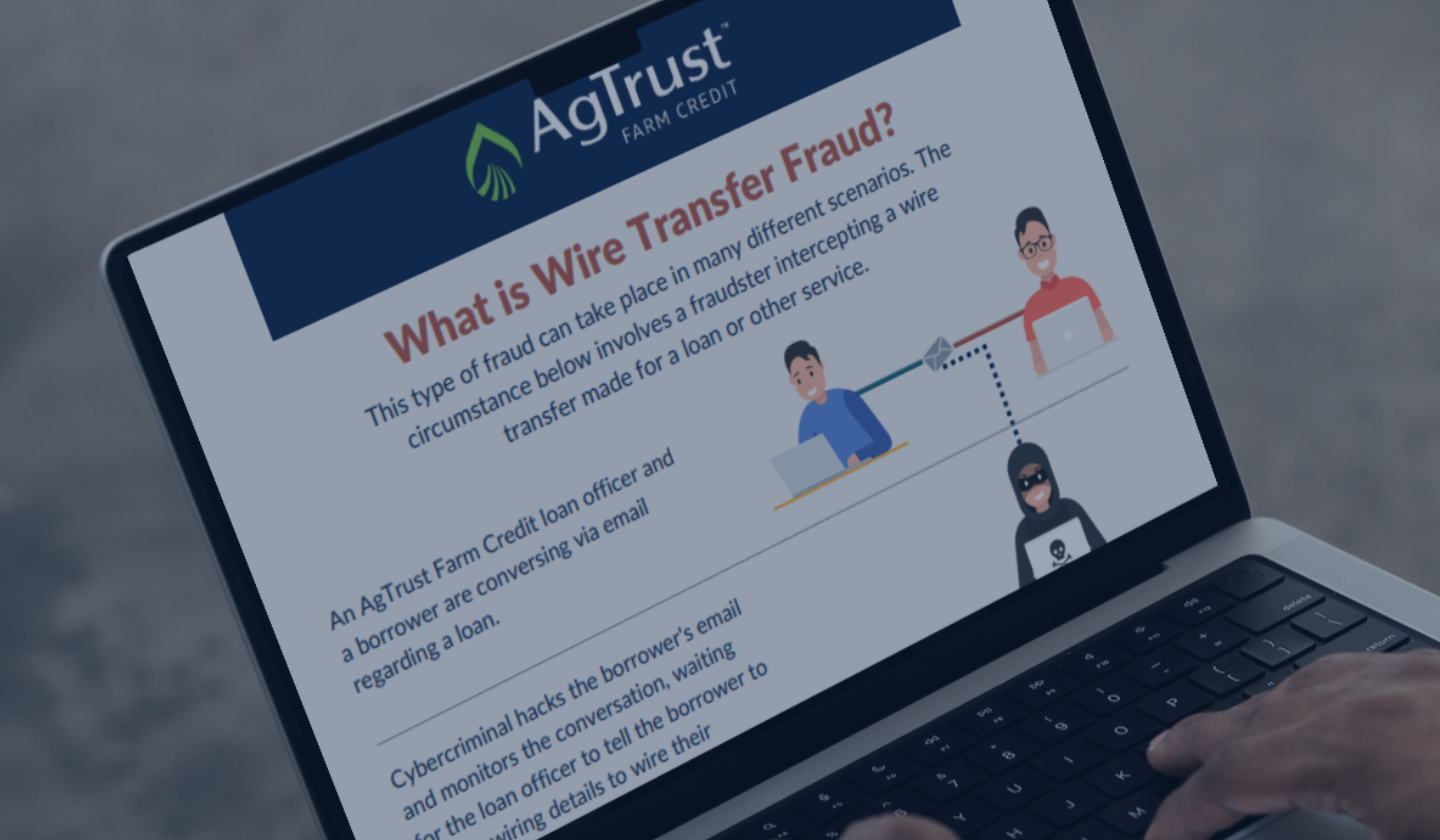
Protect Yourself from Wire Transfer Fraud
Did you know that cybercriminals often hack into email accounts, patiently waiting for the perfect opportunity to trick victims into redirecting their legitimate payments? These cunning attempts are carefully crafted to appear credible and are timed to perfection. Cybercriminals will even wait until the last minute, right before closing, to suggest a sneaky change to the wiring instructions. Ignoring the warning signs could result in wiring money directly to the attacker. And here’s the kicker – once you hit that send button, it’s almost impossible to recover those funds.
So, what can you do to stay ahead of these attacks? Keep an eye out for red flags in emails, SMS, or voicemails. If you notice any of the following, be on high alert:
- Urgency: Watch out for messages that pressure you to act now.
- Authority: Just because it looks official doesn’t mean it is.
- Emotion: Cybercriminals may try to invoke panic, fear, hope, or curiosity to manipulate you.
If you ever receive a suspicious email, don’t panic! Instead, call us directly using the trusted number below or send us a new email using the one you have on file. Never respond to an email that seems suspicious or use any phone numbers provided within the email.
Take an extra step to protect your email account by enabling Multifactor Authentication (MFA). This simple measure can make a world of difference in preventing hackers from gaining unauthorized access.
Protecting your finances from wire transfer fraud is not just a matter of luck. By staying aware of the red flags and taking proactive measures, such as MFA, you can protect yourself from cybercriminals. Remember, if you ever receive a suspicious email or phone call requesting a wire transfer, take the time to verify the request before sending any money. Stay vigilant and stay safe!
Click to learn more about how wire transfer fraud works.
If you receive anything suspicious, don’t respond, don’t click on links, and don’t open attachments. If you have a concern or question, reach out to your local loan officer or call 800-530-1252.